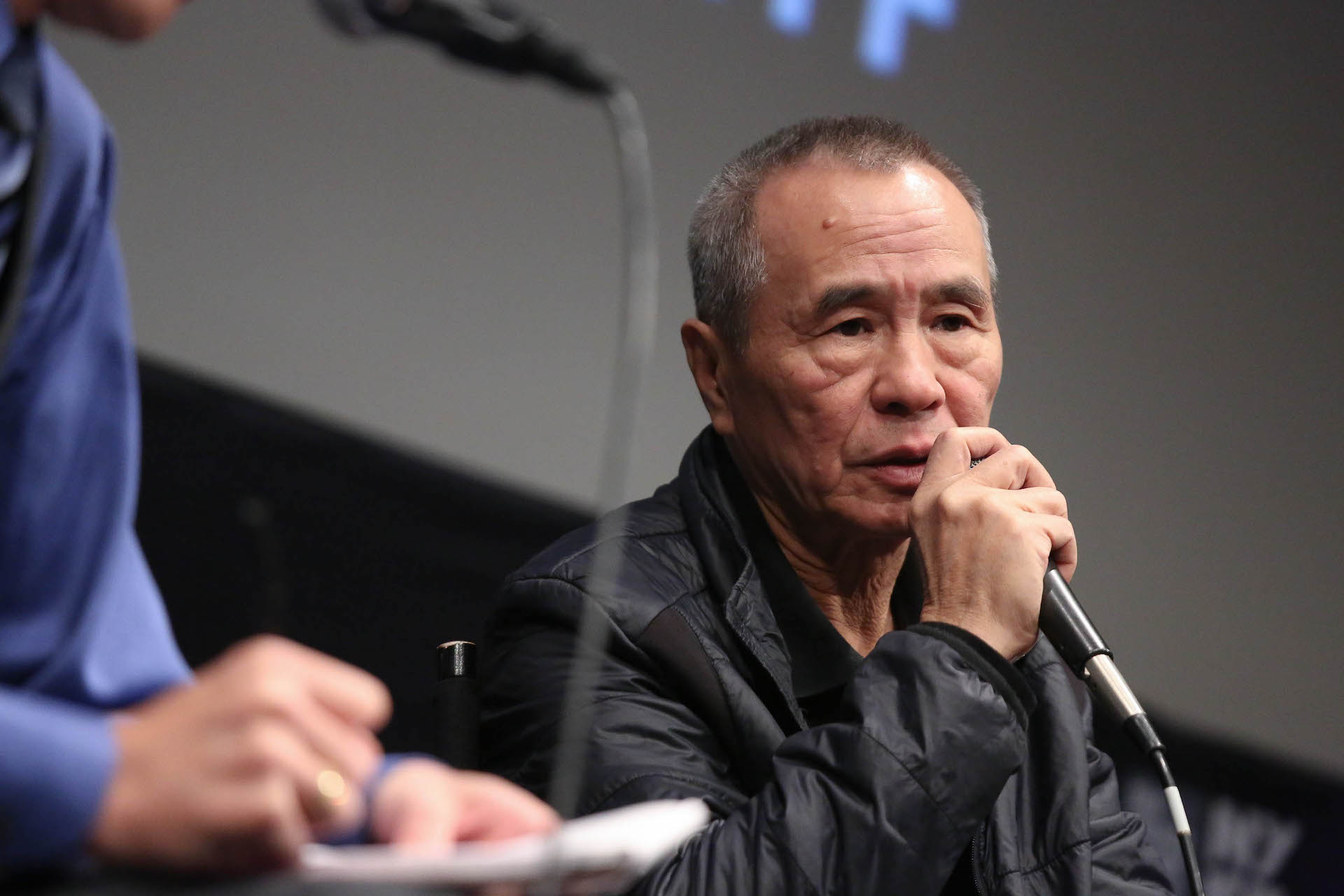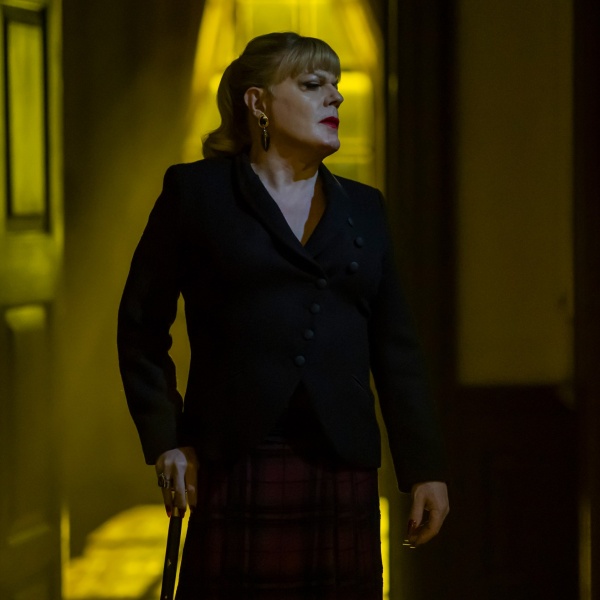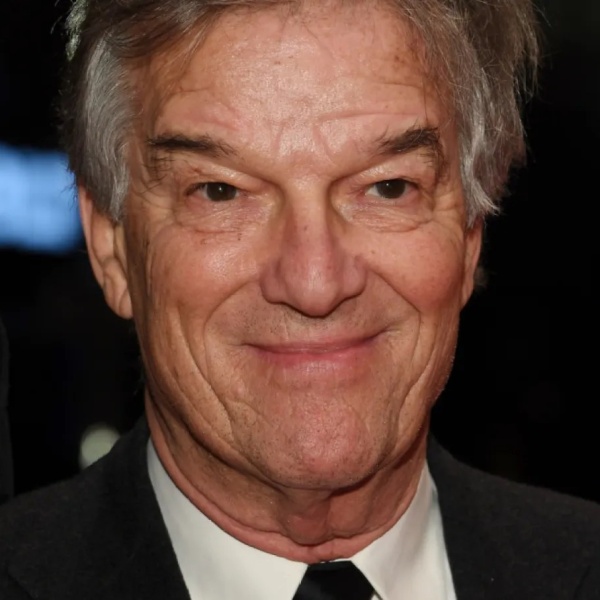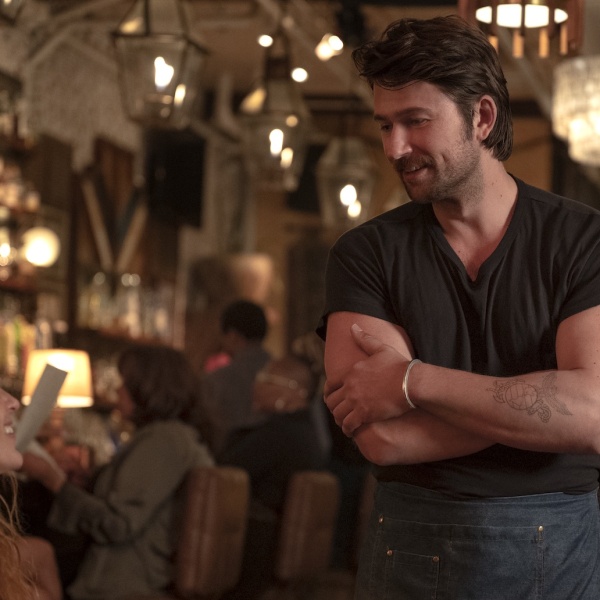He may be the world’s greatest living filmmaker, and now we know we’ve seen his last film.
Hou Hsiao-hsien, director of timeless masterpieces such as “A City of Sadness,” “The Puppetmaster,” “Flowers of Shanghai,” and “Millennium Mambo” is battling dementia and is now retired from filmmaking. The 76-year-old Taiwanese auteur had been hoping to make his long-in-development film “Shulan River” up until the past couple years, and location scouting had begun. Now, 2015’s “The Assassin” will stand as his final film. (Update Oct 25: Hou Hsiao-hsien’s family has released a statement about this news, confirming that the director has Alzheimer’s.)
The news broke that Hou is now retired via film scholar Tony Rayns’ introduction to a screening of his 1985 film “A Time to Live and a Time to Die” at the Garden Cinema in London on October 23. IndieWire has since confirmed the news with a source close to Hou as well as with the film curator of the Garden Cinema, George Crosthwait, who said that the director “will certainly not work again.”
That said, Hou will be credited as a producer on the directorial debut of his long-time art director Huang Wen-Ying, “Be with Me.” She’s been working with Hou since his 1995 film “Good Men, Good Women.”
News of Hou’s retirement may be less of a surprise in Taiwan itself, where it’s no secret his office in Taipei has closed. His staff has also been “let go,” including right-hand woman Chang Chuti. But Hou and his family have made no public announcement about his health, and it’s believed they prefer privacy around the matter.
Along with the late Edward Yang, Hou was one of the leading lights of the Taiwanese New Wave in the 1980s, helping to make the small nation one of the world’s great exporters of cinema right at the moment that it was democratizing after decades of authoritarian rule by the Chinese Nationalist government, which had been exiled to the island when the communist People’s Republic of China took control of the mainland in 1949. For instance, Hou’s film “A City of Sadness” was the first time that the February 28 Incident was ever mentioned in a Taiwanese film — that was an event in 1947 when, as the Chinese Civil War raged and anti-communist hysteria boiled over, the Nationalists massacred thousands of Taiwanese civilians. Until that point, the government’s censorship would have made mentioning it impossible.
But aside from Hou’s contributions to the historiography of Taiwan, there’s simply the extraordinary artistry of his films. “A City of Sadness” won the Golden Lion at the Venice Film Festival in 1989, and IndieWire named it to the list of the 100 Best Films of the 1980s, but he directed an extraordinarily rich body of work across the subsequent 25 years. “Flowers of Shanghai” made our list of the Best Films of the ’90s, and he won Best Director at Cannes in 2015 for his final film, “The Assassin.” Not to mention that, at times, he acted as well, such as playing a lead role in Yang’s 1985 masterwork “Taipei Story.”
There’s something especially fitting about this sad news being prompted by a screening of “A Time to Live and a Time to Die,” however: It is one of the most achingly beautiful films about mortality, loss, and the passage of time ever made, with an ending that’s absolutely shattering. It’s emblematic of the style and the humanity that viewers came to cherish with Hou: His long-take cinematography allowing the viewer to come to the film and immerse themselves in it at their own pace, yet a warmth and richness too. Even when his camera stayed back, which was often, his films never kept you at a distance.
Here’s Rayns’ intro to “A Time to Live and a Time to Die” that played at the Garden Cinema in London October 23. And also, read IndieWire’s two last interviews with Hou, conducted in 2015 for the release of “The Assassin” here and here.




